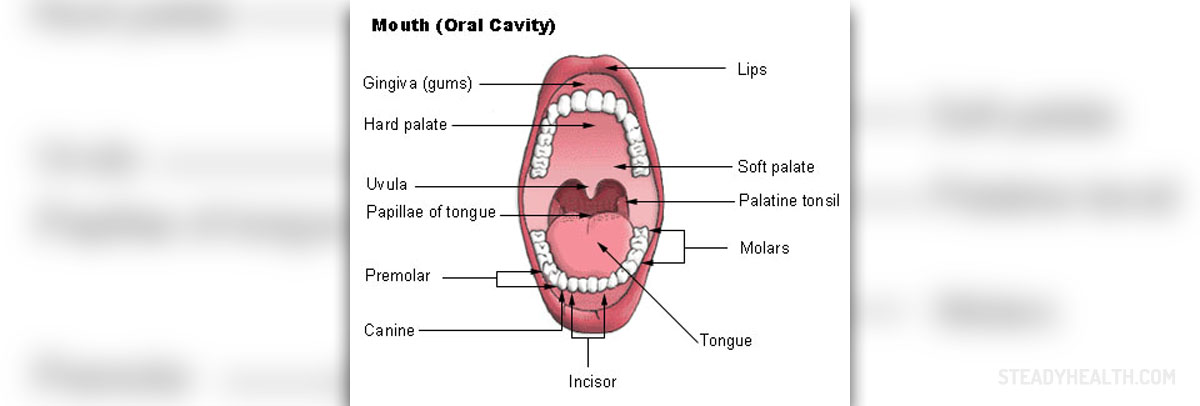
Mouth cancer can develop in any part of the mouth. Lips, tongue, inner side of the cheeks, gums, floor and roof of the mouth and parts behind the wisdom teeth may be affected with cancer.
The symptoms of mouth cancer can include pain in the tongue and jaw, swelling or a lump on the lips or inside the mouth, white or red spot that does not heal for some time, sore throat, bleedings and numbness in the mouth, bad breath and loose teeth.
You are at risk of mouth cancer if you use any sort of tobacco, if you drink a lot of alcohol, if you expose the lips to the sun too much, if you had cancer in the area of the head or neck, if you have weak immune system and if you suffer from human papillomavirus which is a sexually transmitted disease.In order to diagnose the condition your doctor will have to perform physical examination of your mouth, biopsy of the affected area and some other examinations such as X-rays imaging or CT or PET scans. Your doctor will determine the stage of the cancer. Mouth cancer can have four stages and they are established according to the size of cancer or the fact whether it has spread to surrounding areas.
According to the position and stage of cancer, or your age and health condition, your doctor will determine the treatment. The treatment can be a surgery to remove the cancer and the surrounding tissues or surgery to remove the lymph nodes if the cancer has spread. If your face has been damaged as a consequence of the surgical procedure and it affected your appearance and ability to chew, swallow and talk, your doctor may suggest reconstructive surgery of the face. Other treatments may include radiation therapy and chemotherapy. Radiation is very successful in the early stages of cancer and it can help to ease the pain in advanced stages. However, it can have side effects such as bleeding, sores, tiredness, teeth decay and redness of the skin. Chemotherapy is usually combined with radiation and the side effects may include nausea and hair loss. In some cases mouth cancer are treated with special designed medications.
Since tobacco and alcohol increase the risk of mouth cancer, you should stop smoking and drinking. Sometimes the patient can decide to have an alternative treatment which can help to relieve the pain and to deal with your condition, but no such treatment can cure cancer. Some alternative treatments are meditation, acupuncture or massage.

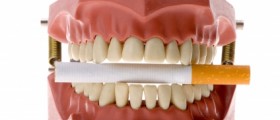
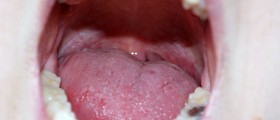
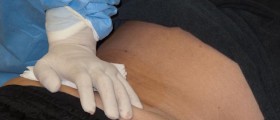
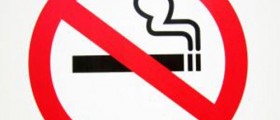
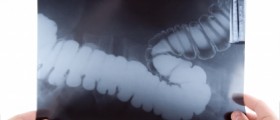


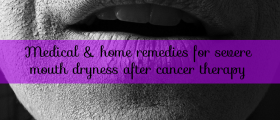
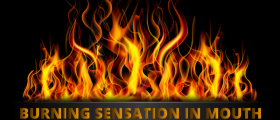
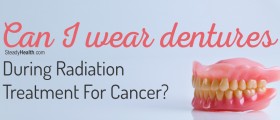
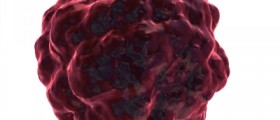
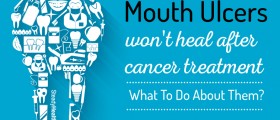



Your thoughts on this
Loading...